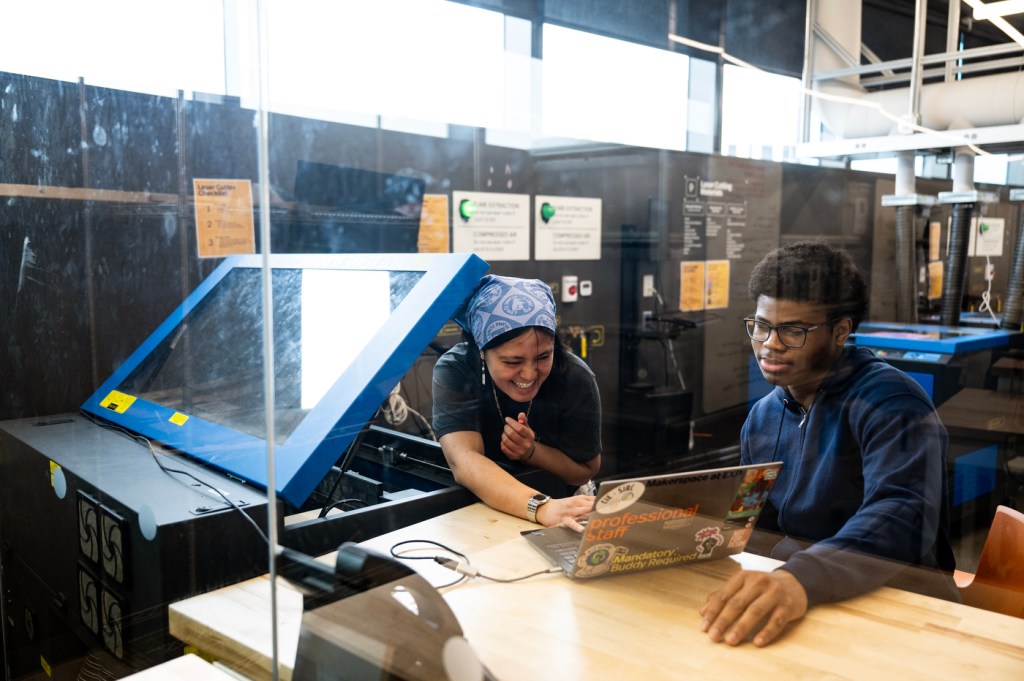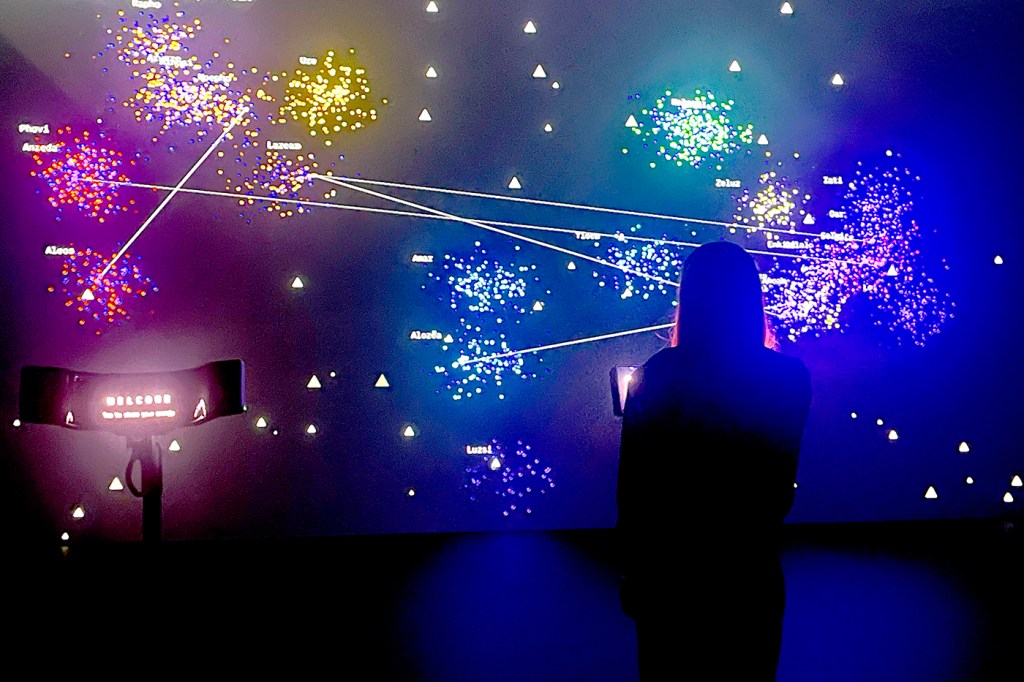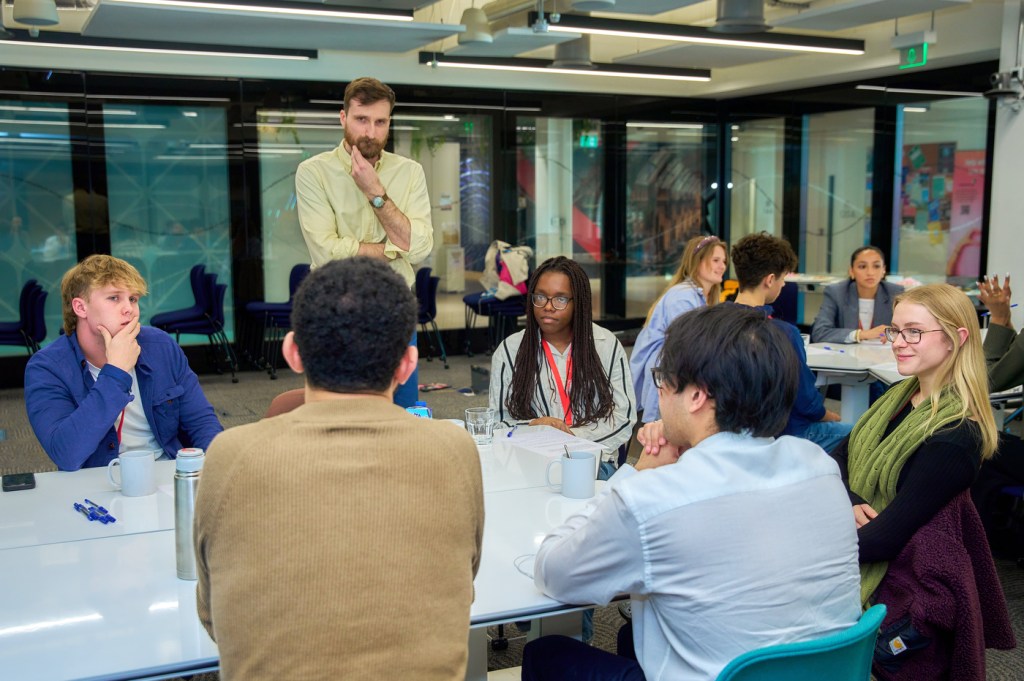Audiobooks, lit crit, and lofty novels: Dean of libraries shares his reading habits
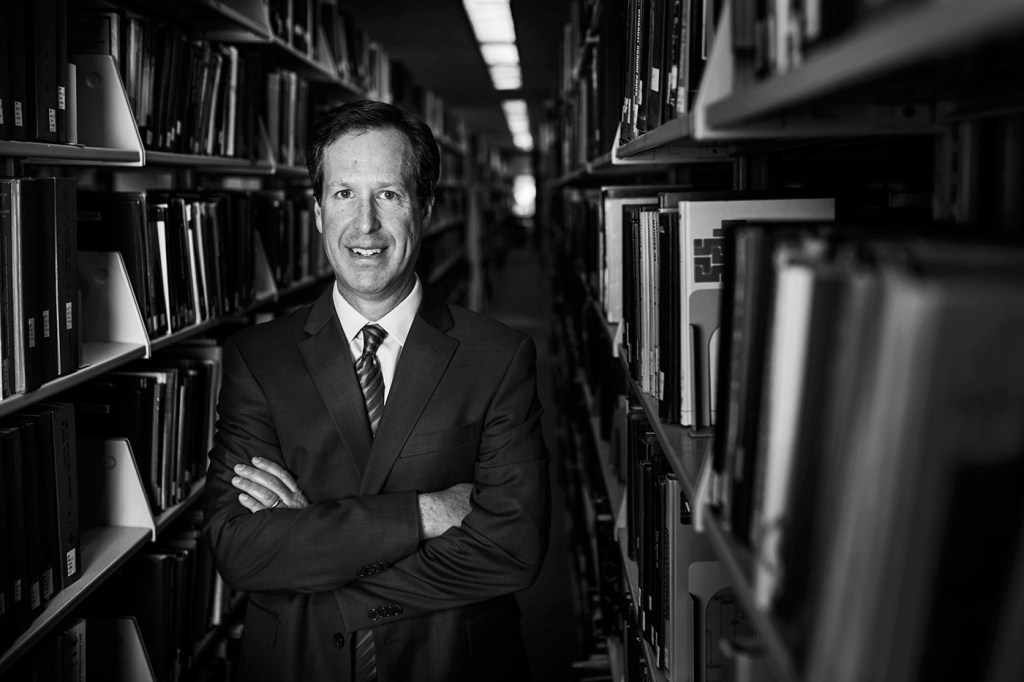
What does a person who’s surrounded by hundreds of thousands of books—in both print and electronic form—like to read? We asked Daniel Cohen, dean of libraries and vice provost for information collaboration, who revealed his love for Thomas Pynchon, his growing interest in audiobooks, and his desire to travel the world with Jane Austen.
What initially sparked your interest in reading?
My parents were big readers and often read to me when I was a child. Growing up, I was fascinated by big-idea, civilization-building science fiction, which I now see as a precursor to my interest in politics, history, and philosophy. I remember really liking Dune by Frank Herbert and the Foundation trilogy by Isaac Asimov.
What’s the last book you read?
I’m a historian of the Victorian era, but lately I’ve been reading a lot of history in areas I’m less familiar with. I recently finished SPQR: A History of Ancient Rome, by Mary Beard, and just started The Crucible of Islam, by G.W. Bowersock. I’ve always liked Beard’s writing and wanted to know about ancient Rome, and regrettably I have only a basic understanding of the origins of Islam. Interestingly, both books highlight the remarkable multiculturalism of periods in our early history and serve as great starting points for those who want to know more about two essential cultures that continue to influence our modern world.
How do you find new books to read? Word of mouth? Reviews?
Oftentimes I’ll pick up a new book on a whim. On other occasions I’ll notice that my social media network is talking about a particular book and decide to check it out. This happened recently with Little Brother, by Cory Doctorow, which I just read on a plane ride back from Europe. It’s a novel about teens rebelling against an overactive security state in the wake of a 9/11-type event in San Francisco.
Is there a particular author whom you think should be getting more attention from the literary world these days?
I’ve long enjoyed the work of Daniel Kahneman, a psychologist who works in behavioral economics. To anyone who asks, I recommend his 2013 book Thinking, Fast and Slow, which is really a tour of what he calls the two systems of thinking. The “fast” system focuses on how we rapidly form opinions and develop a cognitive sense of the world. The “slow” system deals with the more rational part of the brain, allowing us to take a step back before making decisions. In our age of hot takes on social media, I think it would be a helpful book for people in general. Kahneman really makes you realize how we are much more irrational creatures than we would like to believe, how we have all of these biases that can make it hard to connect with people with whom we disagree.
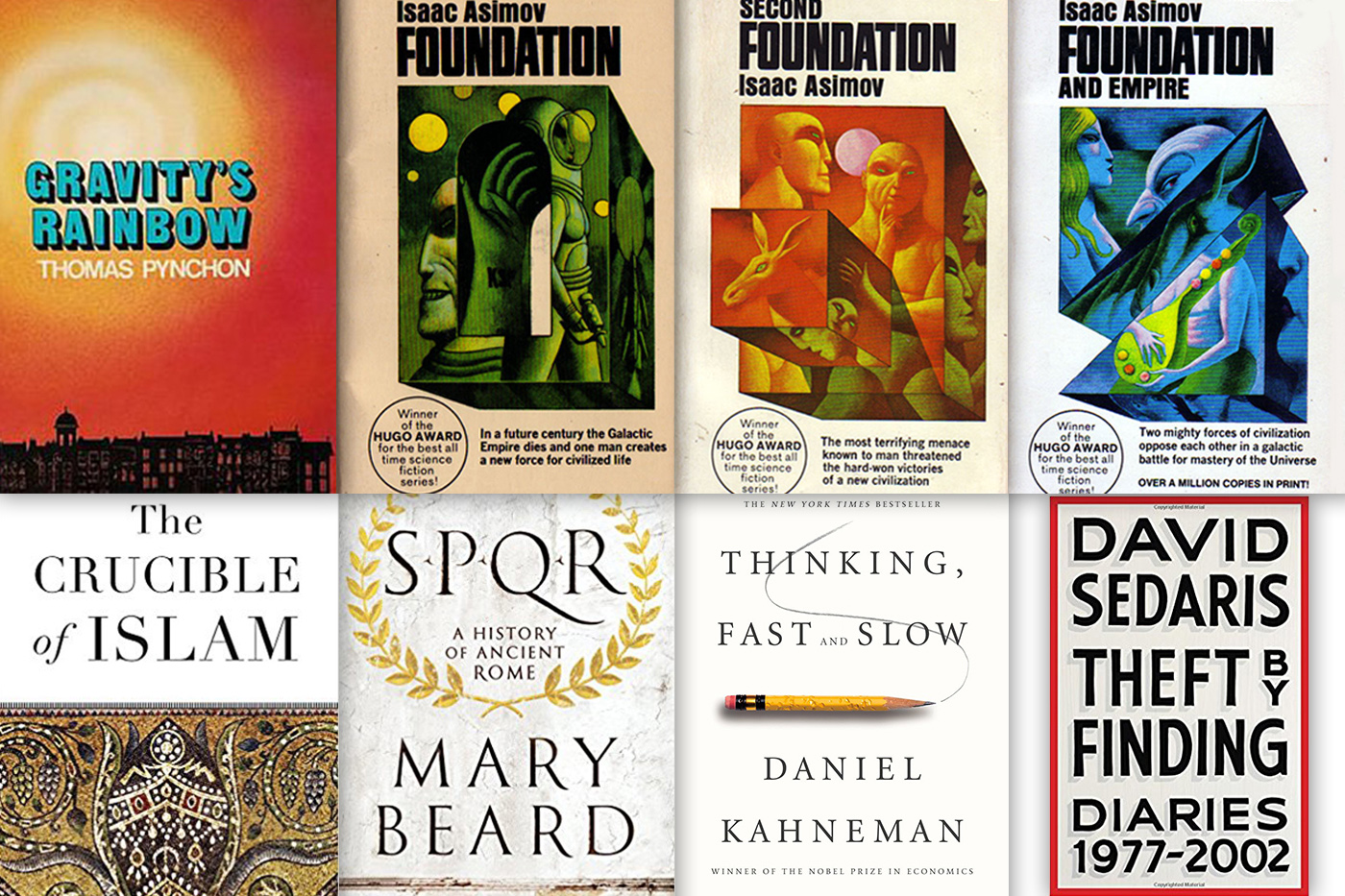
It’s been well publicized that Michiko Kakutani recently decided to step down as chief book critic at The New York Times after nearly four decades on the job. Who’s your favorite book critic?
Having authored a few books myself, I find the whole process of book criticism to be a bit fraught. As a historian, I do like reading fellow historians like Peter Brown and Robert Darnton in the New York Review of Books, who write thoughtful and compelling essays. But I’m not a huge fan of book criticism in general because I like to go into a book fresh. Sometimes I will read a review after I’ve finished a book because I’m interested in what other people thought of it. After I recently finished Derek Thompson’s Hit Makers: The Science of Popularity in an Age of Distraction, I wanted to read what other people had to say about it. Thompson’s conclusions about what makes a song or an app or a movie a “viral” success were surprising and counterintuitive, and I was curious if other experts agreed.
I like reading books on paper. How do you read?
I read in all formats equally—one-third paper, one-third electronically, one-third audio. Like a lot of other people, I’ve been getting more and more into audiobooks. I drive in to work and always have a few books loaded up on my phone to listen to in the car or when I’m going for a run. If I’m reading a history book, it’s likely on paper, because I want to keep it for my personal collection. If I’m using an e-reader, I’m probably reading something more episodic, like David Sedaris’ new Theft by Finding: Diaries (1977-2002). I’m not anti-paper, but I’ve long been a proponent of e-books, and I’m surprised that they’ve only been able to capture one-third or one-fourth of the market.
If you could take just one book with you on a trip around the world, what would it be?
It would likely be one of Thomas Pynchon’s long works, like Gravity’s Rainbow, which I’ll pick up and read every few years. What I love about Pynchon is that he is a master at mixing genres, combining drama with low and high comedy. If it were not Pynchon, it would probably be something like David Foster Wallace’s Infinite Jest, which echoes Pynchon in that it combines a number of different genres and is full of unexpected, great prose.
If you could bring one author on your trip, living or dead, who would it be?
Jane Austen. She had a deep understanding of the human mind and human interactions. I would love to have gone on a world journey with her and listen to her observing people’s habits.
A 2016 Pew Research Center study found that more than 25 percent of adults in the U.S. had not read a book in the past year. What’s the key to getting more people to read?
To get more people to read, we need to make them realize that books are just super-concentrated versions of a lot of information and writing they’re already consuming in other formats. My feeling is that books are the natural end to having an interest in something. You might start by reading a Wikipedia article, but I guarantee you’ll find it more fun and more enriching to end up in a book on the same topic. When you read a good book—or even an average book—it’s almost always going to be more engrossing than what you had encountered in other media because of the sheer effort that had gone into creating it. For example, there are podcasts that cover the same topic as Derek Thompson’s Hit Makers, but his book does a really deep dive on the topic, and that’s where you’re going to find the most compelling version of what you’re looking for.

